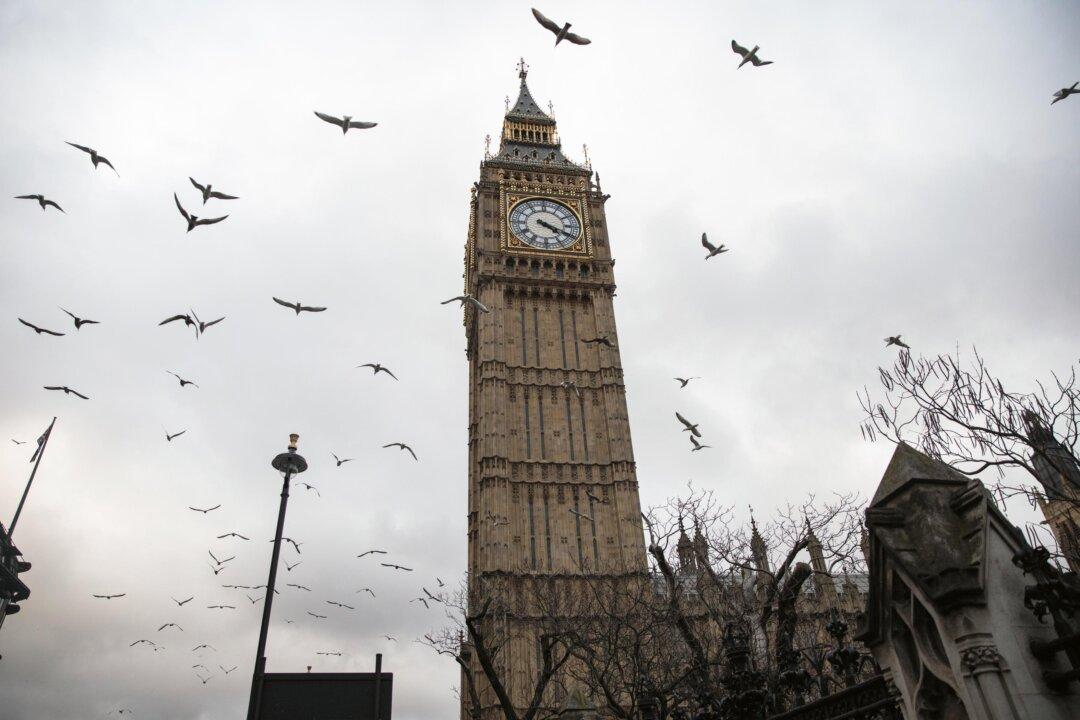The equality watchdog must be allowed to advise without intervention, the government said after the Equality and Human Rights Commission (EHRC) was put under a U.N. review following lobbying by transgender activist groups.
It comes after EHRC Chair Baroness Falkner said the commission had been targeted by campaign groups led by Stonewall after it advised the government in April, backing the idea of defining “sex” as biological sex in the UK’s equality law.





